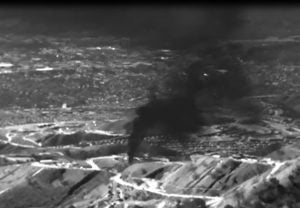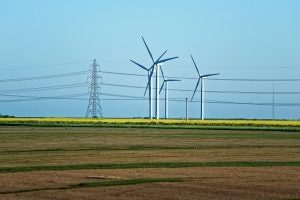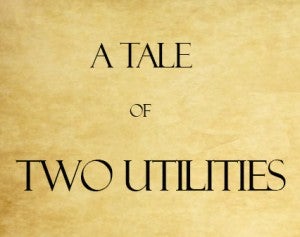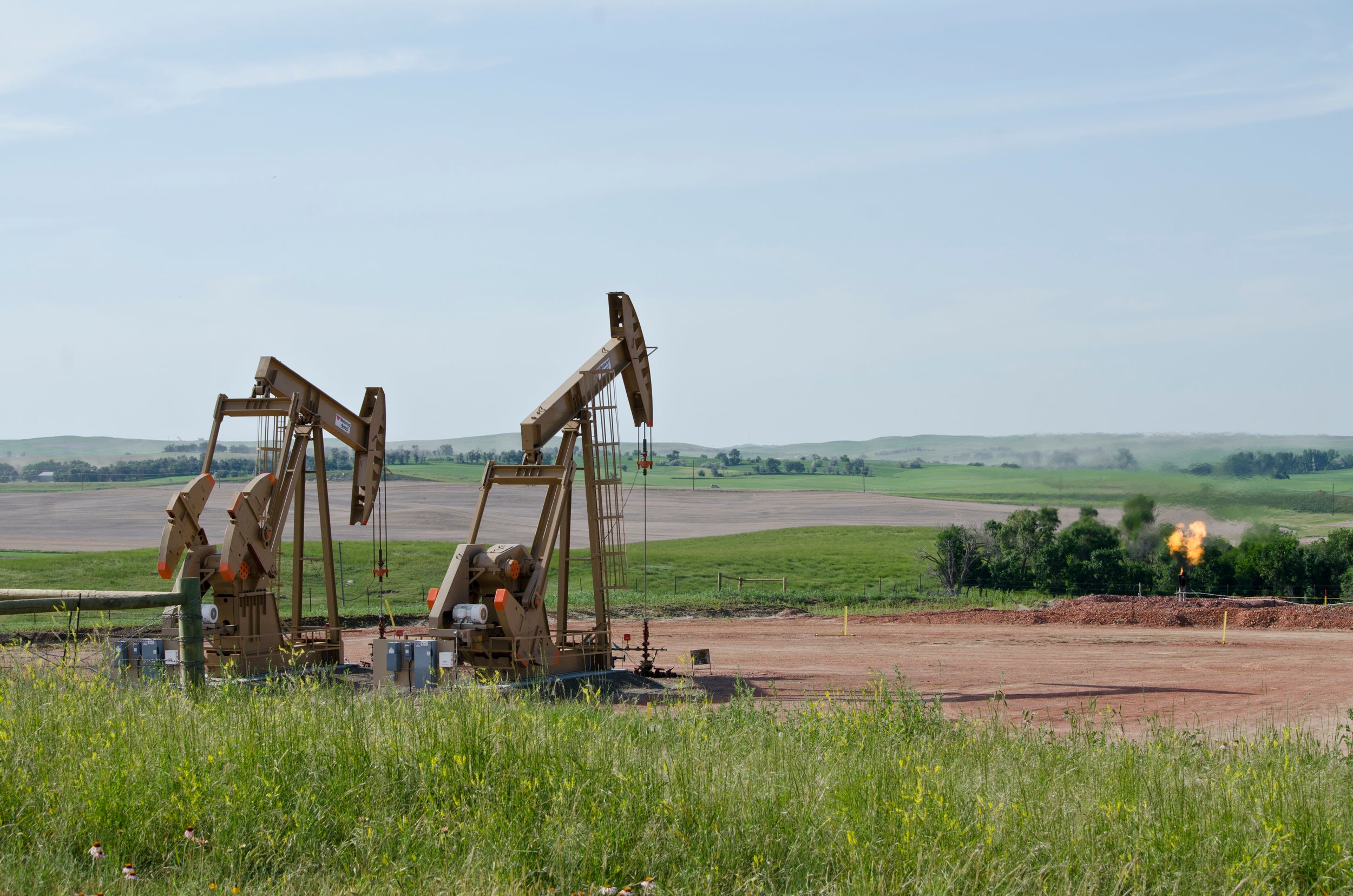 In early 2016, southern California awoke to the harsh reality that reliable operation of the regional energy system might be tied to a single aging natural gas storage field called Aliso Canyon, where a catastrophic blowout that started the previous October was not closed until February. So while Southern California Gas Company got to work to repair the facility, several government and private institutions also went to work assessing whether the facility was actually needed in the first place.
In early 2016, southern California awoke to the harsh reality that reliable operation of the regional energy system might be tied to a single aging natural gas storage field called Aliso Canyon, where a catastrophic blowout that started the previous October was not closed until February. So while Southern California Gas Company got to work to repair the facility, several government and private institutions also went to work assessing whether the facility was actually needed in the first place.
Last week multiple state agencies issued a verdict that Aliso Canyon is now safe, and giving the green light to increase the gas stored in it on a limited basis. The decision caused an outcry from nearby residents, but it should also be a concern for utility customers throughout the region.
But what if we don’t need the facility at all? Why take the risk? The latest analysis strongly suggests we don’t have to. Read More
 Crain’s Cleveland Business first published
Crain’s Cleveland Business first published  Energy Exchange published an original version of this post in July 2016. This post updates the original to reflect recent developments in Illinois.
Energy Exchange published an original version of this post in July 2016. This post updates the original to reflect recent developments in Illinois. Energy Exchange is changing how our blog subscriptions are managed. If you subscribe to our blog, please update your RSS feed URL to the following:
Energy Exchange is changing how our blog subscriptions are managed. If you subscribe to our blog, please update your RSS feed URL to the following:  Climate of Hope, United States Climate Alliance … These are a couple of initiatives and organizations formed by individual citizens, cities, and states to fight climate change since the President withdrew the United States from the Paris Agreements. And, I’m proud to say New York City is in on it.
Climate of Hope, United States Climate Alliance … These are a couple of initiatives and organizations formed by individual citizens, cities, and states to fight climate change since the President withdrew the United States from the Paris Agreements. And, I’m proud to say New York City is in on it.